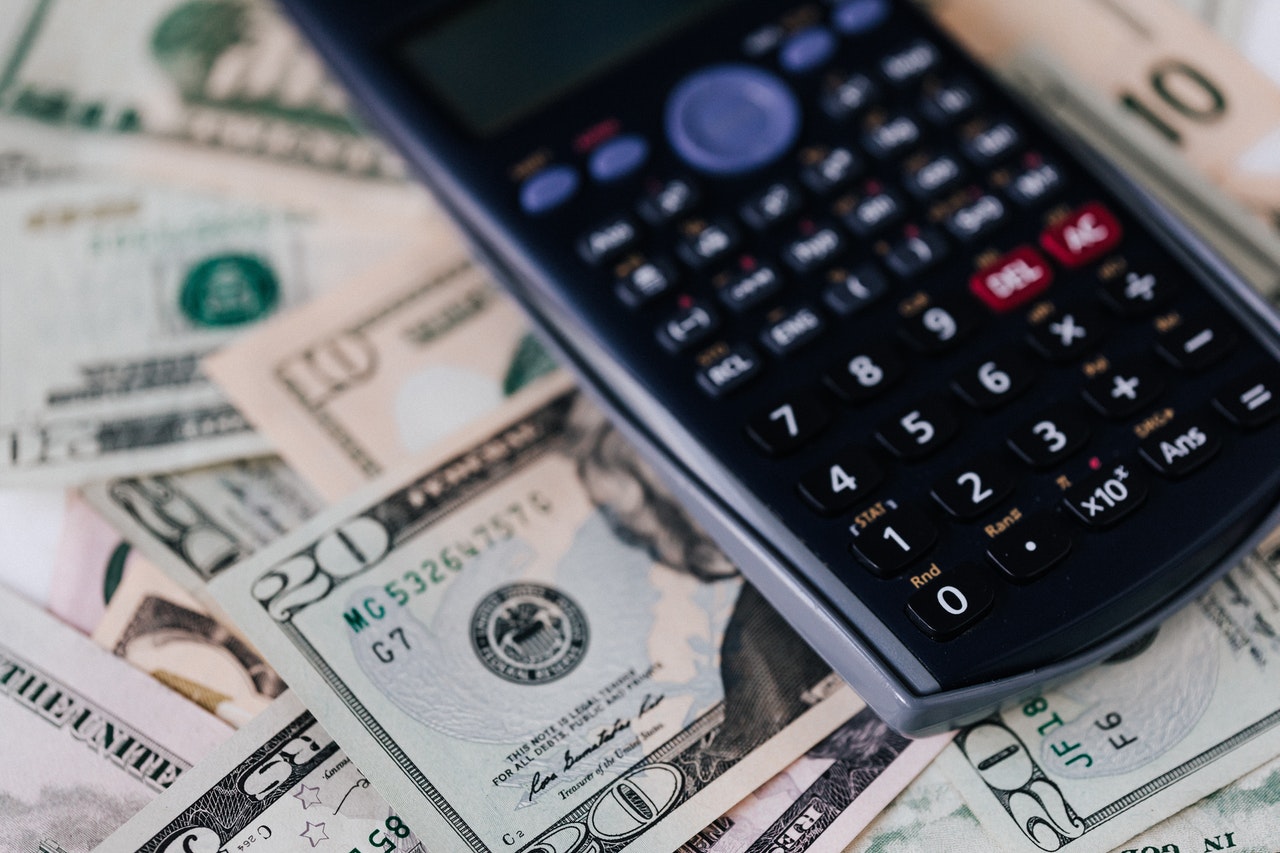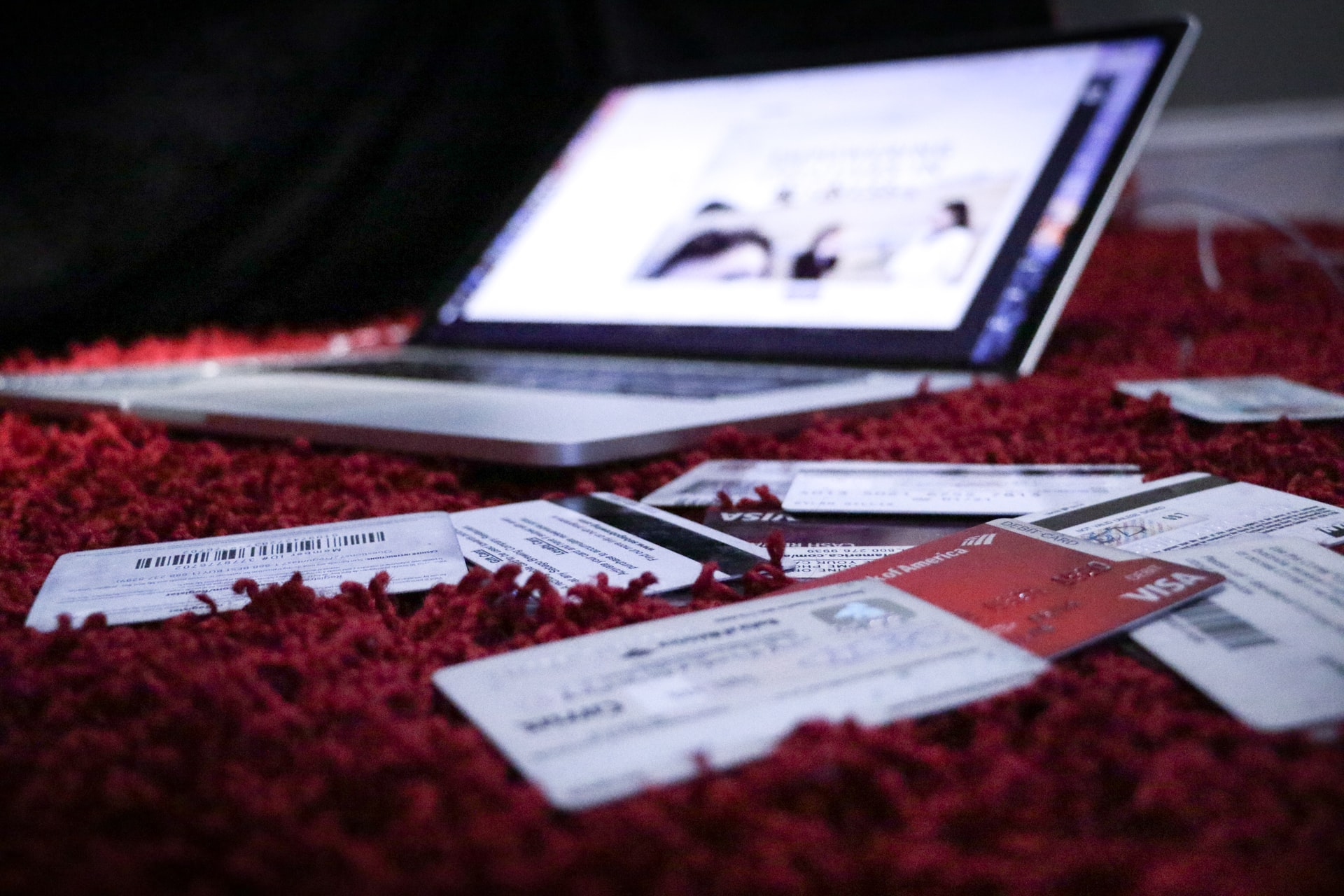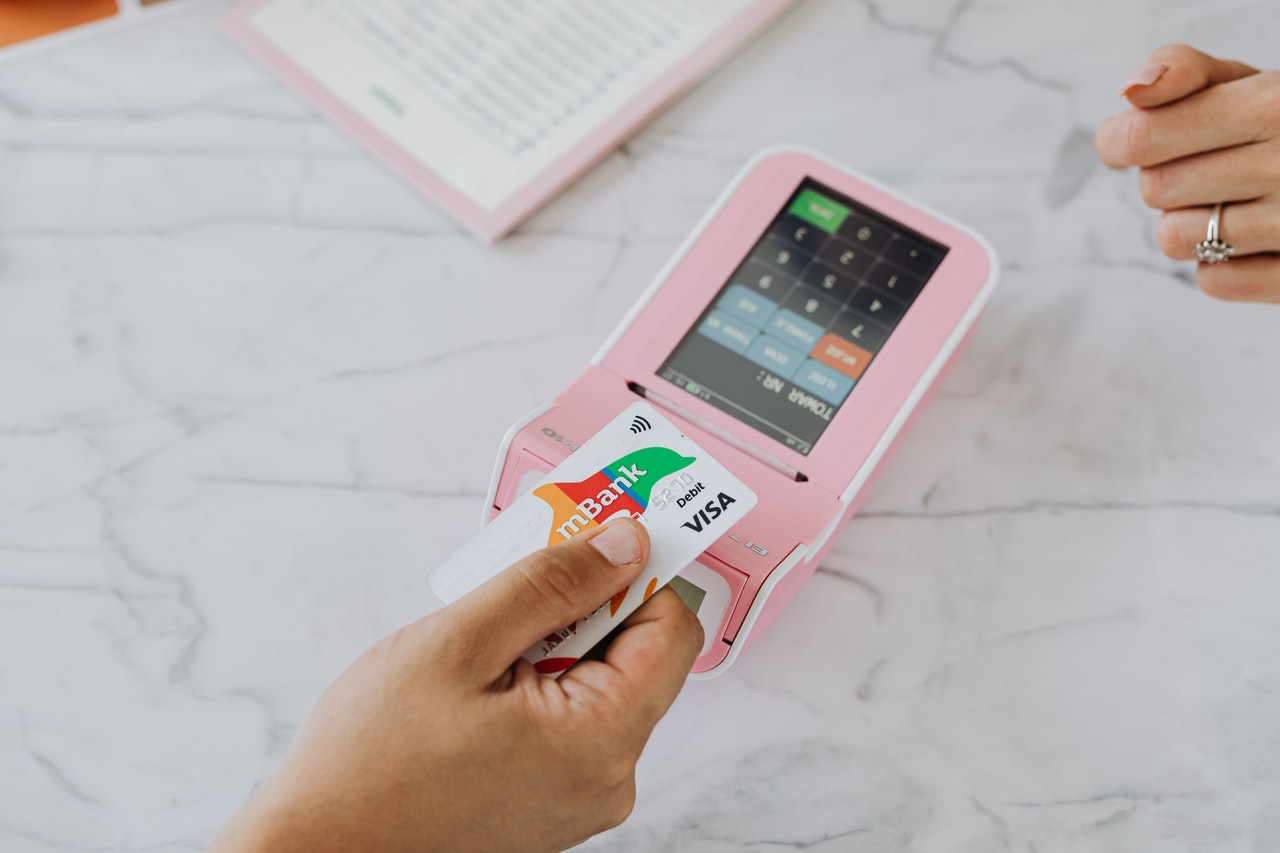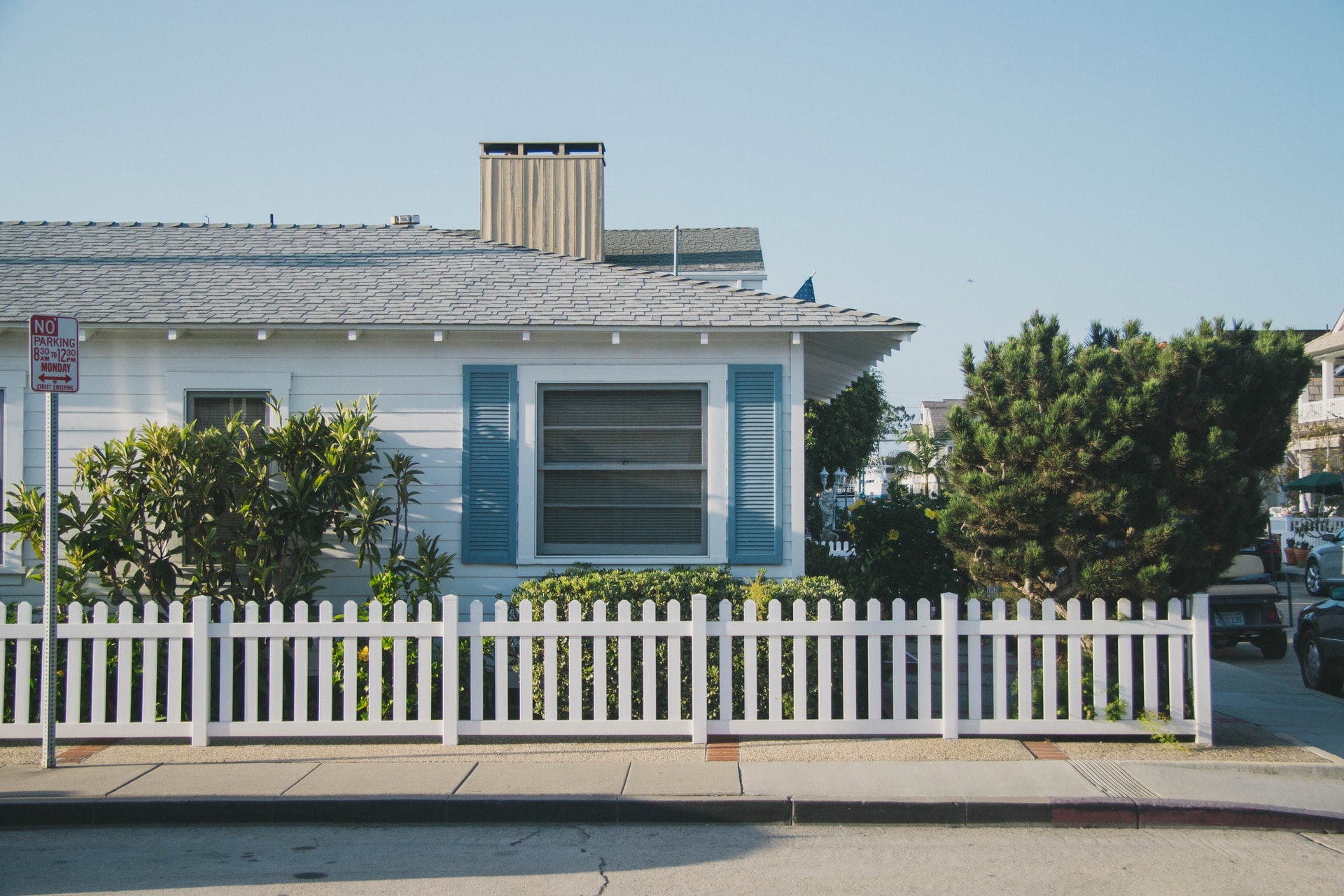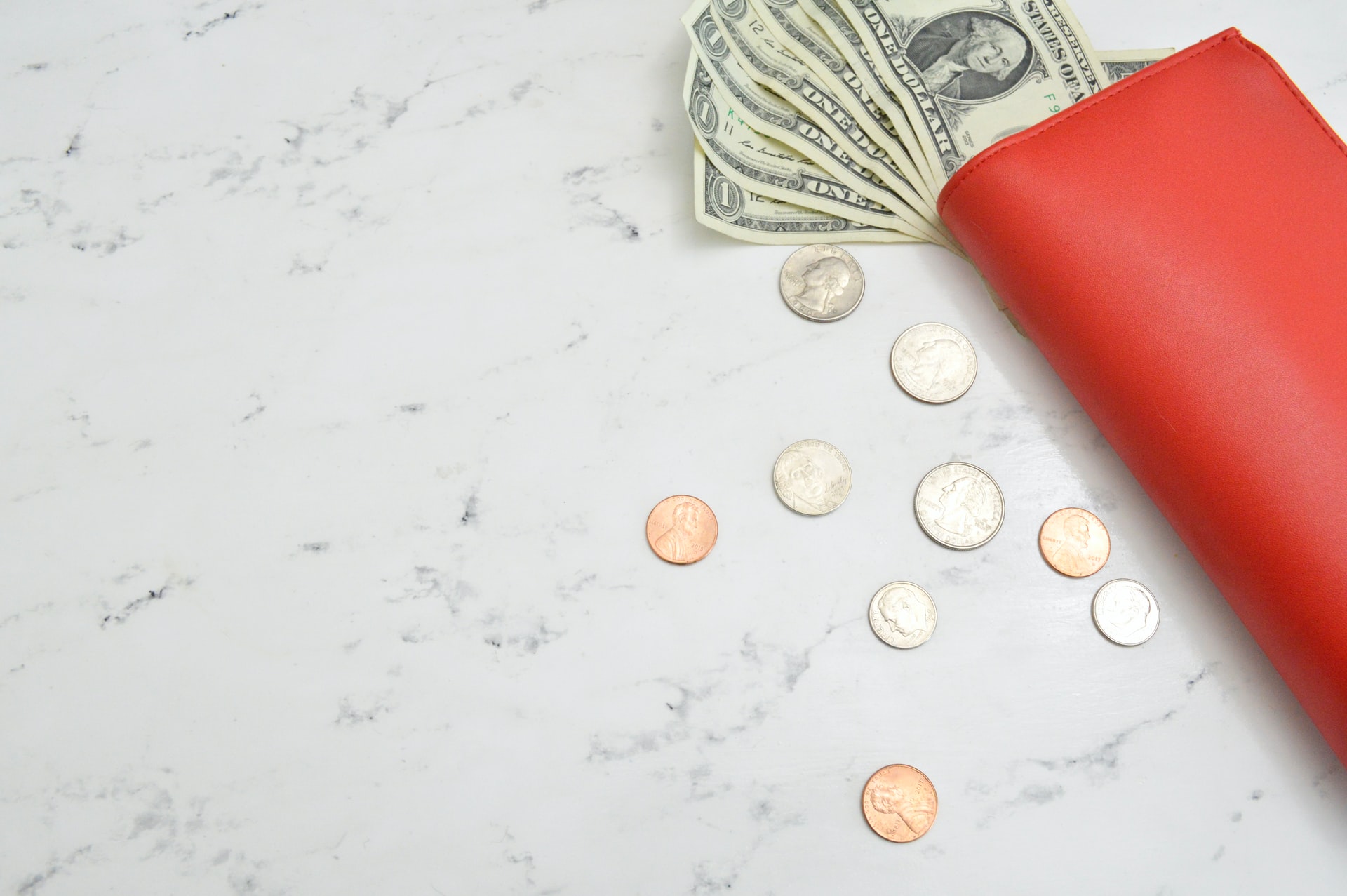Bad Credit Loan – Should You Get One?
Sometimes it becomes necessary to be able to put your hands on some money, when you need it, even if you have bad credit. Your credit rating has nothing to do with whether you need money or not. Today, lenders make it much easier for people with bad credit to be able to get the money they need. Here are some things that you need to know about bad credit loan to be able to get the money you need.
You can get loans for just about anything – even with bad credit. There are, however, some things that the lenders will want to see before they give you a loan. Generally, they will want to see that you have a good job, and have been there a while. They will also want to know that you are now able to make payments because you can afford them. Although your credit ratings may not be good, you still should be able to make timely payments. A funny thing about bad credit loans is that someone may qualify, even if they just finished bankruptcy proceedings last week – if these other conditions are applicable.
Whether you are interested in getting a mortgage for a new house, or for a car, or even for debt consolidation, you may be eligible. You should be aware, though, that the kind of deal you will be able to get will not be the same as someone who has good credit. The lender will probably limit you in three ways, making it a little less than the ideal loan. First, it will have a higher interest and it could be quite a bit higher. Second, you will be limited in how much you can borrow. And, third, you will not be able to have as long of a repayment period as someone with good credit.
So, if these conditions bother you, then there are also a couple of things that you can do to get a better deal. They all, however, start with the word “wait.” If you can wait a little while, before you get the loan, it may mean quite a bit of saving to you in the long run. Take some time and reduce your existing debts as much as you can first. Repair your credit. Then, you will be able to get a better deal. The amount of savings that are possible to you, by waiting and following these simple steps, could be sizable.
Other than that, money is available to you. If you already have a house, though, then probably the best way you can get money is by getting a loan based on your equity. Get a home equity line of credit (HELOC), and you will have money to play with.
People that do not have a house can get a personal loan, and may not even have to provide any collateral. Either secured loans (with collateral), or unsecured loans (no collateral), can be obtained with bad credit.
When you go to get your bad credit loan, though, you need to be aware that there are fraudulent companies that are looking for people with bad credit. They feel that you are more desperate to get money and can be more easily taken advantage of. So be careful, look into the company that you are dealing with, especially if you have never heard of them before – and shop around for the best deals.

